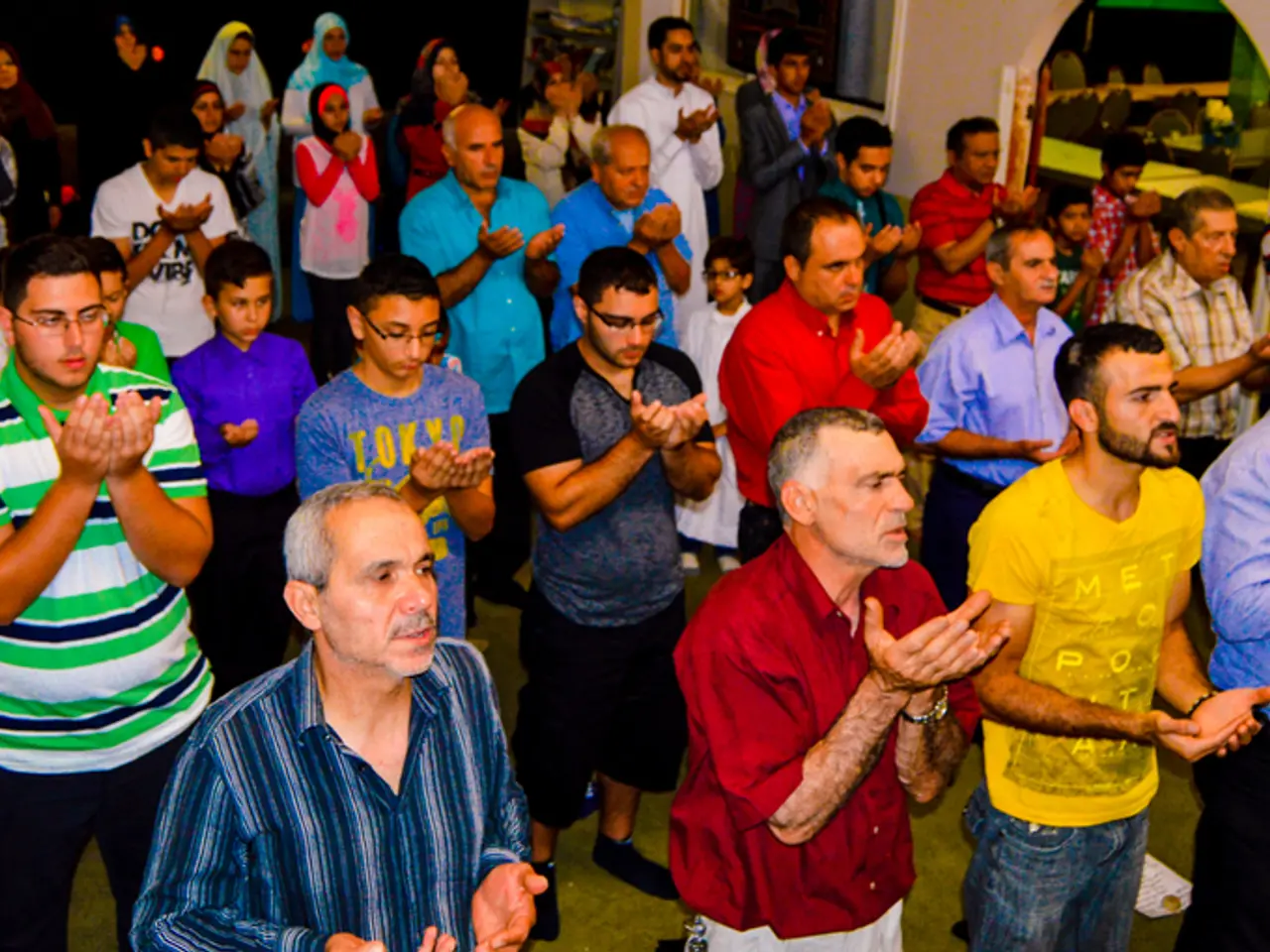Demonic intelligence may not be as insipid as some might think.
=============================================================================
Demonic possession of a born-again Christian is generally considered impossible due to the spiritual protection offered by their union with Christ and His redemptive work [1]. However, Christians can experience demonic influence, oppression, or attack, which may impact their minds, emotions, or behaviors but does not imply full possession or loss of control [3][5].
Biblical Characteristics and Signs
Demonic possession in the Bible often involved extraordinary physical strength, convulsions, inability to speak or hear, self-harm, and violent behavior [1]. These were signs of complete control or torment by evil spirits. Demonic influence or oppression can appear as persistent temptations, destructive thoughts, spiritual confusion, emotional or mental distress, sudden irrational fears, or physical afflictions (echoing Job’s experience) [3][5]. Demonic obsession may manifest as intrusive, obsessive thoughts or dreams. Spiritual warfare scriptures call believers to resist the devil through faith and prayer (James 4:7), standing firm in their justification, adoption, and union with Christ [1].
Modern Psychological Perspectives
Many modern psychological approaches distinguish between mental illness and spiritual issues. Symptoms like hallucinations, dissociation, or violent behavior could have medical explanations, but in some Christian ministries, they may also be interpreted as demonic influence [2][4]. Some inner healing and deliverance ministries use psychological techniques combined with prayer to help individuals overcome perceived demonic oppression or lying spirits. However, certain contemporary practices (such as Bill Johnson's SOZO ministry) have faced criticism for blending psychology with unscriptural demonology and potentially causing harm [2][4].
Pastoral Care Approaches
Theological grounding: Pastoral care should affirm the believer’s secure identity in Christ and the sufficiency of His finished work, emphasizing spiritual authority over demonic forces without confusing psychological illness with demonic possession [1]. Discernment: Pastoral leaders trained in spiritual discernment and psychological awareness should carefully assess signs reported by church members, considering both spiritual and mental health factors [4]. Prayer and deliverance: Where demonic influence is suspected, pastors may use prayer, renunciation of sin, and possibly deliverance ministry to guide the person toward spiritual freedom and healing [4][5]. Referrals: In cases presenting mental or emotional disorders, referrals to qualified mental health professionals alongside spiritual support are recommended. Protection against false teachings: Care should be taken to avoid harmful doctrinal errors, such as teaching that Christians can be fully possessed or that all struggles stem from demons, which can cause spiritual confusion or trauma [1][2][5].
Summary Table
| Aspect | Biblical/Traditional View | Modern Psychological View | Pastoral Care Response | |-------------------------------|---------------------------------------------------|------------------------------------------------|-----------------------------------------------| | Possession of Christians | Generally impossible due to union with Christ | Rarely recognized; more seen as mental illness | Affirm gospel security; discourage notion of possession | | Demonic influence/oppression | Real; manifests as temptation, oppression, torment| May coincide with psychological issues | Prayer, deliverance, renunciation, assessment | | Common signs | Unusual behavior, convulsions (OT/NT cases) | Symptoms overlapping with mental health issues | Careful discernment, spiritual and medical aid| | Deliverance techniques | Prayer, renouncing sin, command by Holy Spirit | Some use psychology-based "inner healing" | Use biblical deliverance carefully; avoid harmful methods| | Precautions | Beware false teachings like "SOZO" or New Apostolic views | Emphasize professional mental health intervention | Combine spiritual care with mental health referral|
In conclusion, pastoral care addressing demonic influence in Christians should be holistic, biblical, and discerning, respecting both spiritual realities and mental health needs, affirming Christian security in Christ while ministering healing and freedom through prayer and the gospel [1][3][4][5].
In the realm of health-and-wellness, it's essential for pastoral leaders to understand and distinguish between spiritual issues, such as demonic influence, and mental health concerns [1][4]. Science can provide explanations for symptoms like hallucinations or violent behavior, as these might have medical origins [2][4]. Mental health-and-wellness professionals can offer valuable assistance in cases presenting mental or emotional disorders, while spiritual support, including prayer and deliverance, can help combat suspected demonic oppression or influences [4][5]. Ensuring a holistic approach in pastoral care that respects both spiritual realities and mental health needs is crucial for providing meaningful relief and promoting overall well-being.




